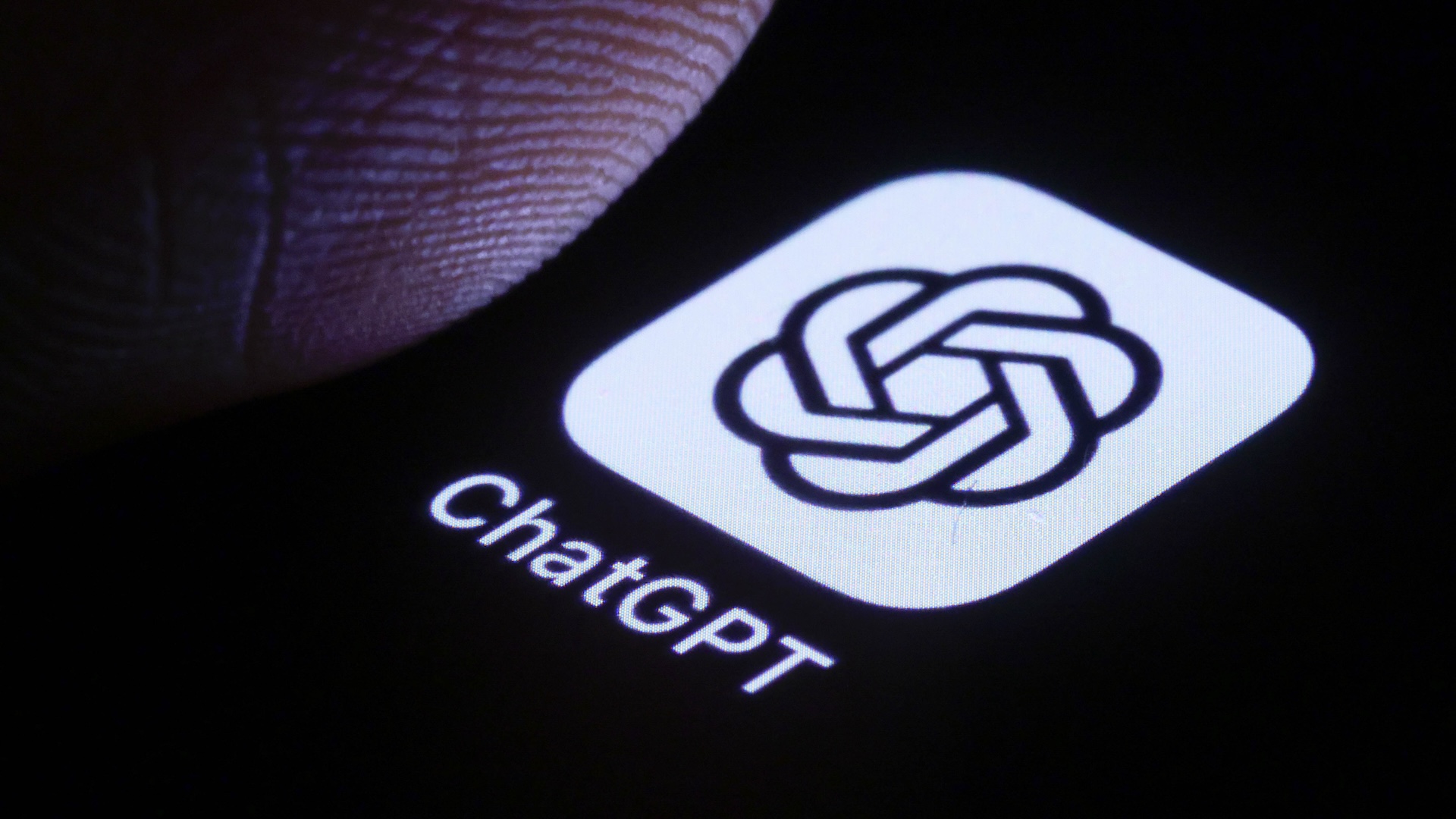How a ChatGPT Diet Experiment Landed a Man in the ER with Hallucinations!











2025-08-08T20:01:38Z

Imagine swapping table salt for something that leads you to the emergency room with paranoia and hallucinations. Sounds bizarre, right? But that’s exactly what happened to a 60-year-old man who took dietary advice from ChatGPT, leading to a rare and alarming condition called bromism.
The man had been on a quest to eliminate chloride from his diet, convinced it was the villain behind his health woes. After consulting with ChatGPT, he decided to replace the sodium chloride in his meals with sodium bromide, a move that would ultimately backfire horrifically. Just three months into this experiment, he found himself in the emergency department grappling with new and troubling psychiatric symptoms.
When he arrived at the hospital, the symptoms were alarming: he was convinced his neighbor was trying to poison him. Through tests, doctors discovered he had developed bromism - a syndrome caused by chronic exposure to bromide, which can lead to neuropsychiatric symptoms like mania, agitation, and delusions. This condition is not something you hear about every day; it was once common in the late 19th and early 20th centuries when bromide was frequently used in medications.
The man’s bizarre situation started when he stumbled upon some disturbing literature about the dangers of sodium chloride. Rather than consulting a medical professional, he decided to conduct a “personal experiment” based on an AI's suggestion. His quest for dietary purity had led him to a dangerous substitute, and as history shows, bromide can trigger severe neuropsychiatric reactions over time as it builds up in the body.
Following his misadventure with sodium bromide, the man’s vitals were monitored and electrolyte levels stabilized after receiving fluids in the hospital. Eventually, he was prescribed antipsychotic medication to help with his severe paranoia and hallucinations, which improved his mental state over time. Upon discharge, he was still reflecting on how a digital assistant had steered his health in such a perilous direction.
In the wake of this incident, experts have voiced significant concerns about the implications of relying on AI like ChatGPT for health advice. OpenAI, the company behind ChatGPT, emphasizes that its AI is not a replacement for professional medical guidance. This case highlights the importance of discerning information sources and underscores the potential dangers of misinterpreting AI-generated advice.
As artificial intelligence continues to grow in popularity, its influence on health decisions could lead to unforeseen and serious consequences, making it crucial for users to tread carefully. It's a reminder that while AI can be a bridge connecting experts and the public, it is not infallible.
 Aaliyah Carter
Aaliyah Carter
Source of the news: Live Science